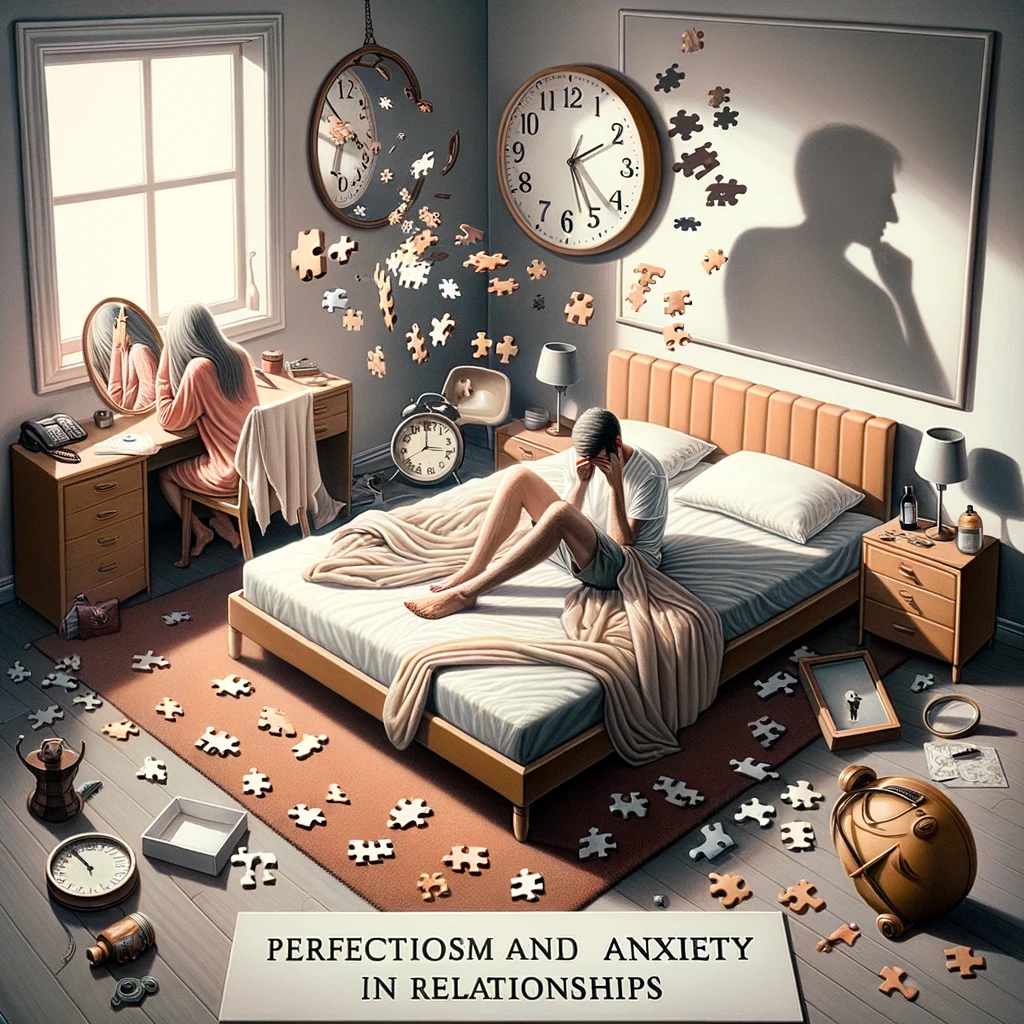In the realm of human connections, complicated relationships stand out as uniquely challenging yet intriguing. These relationships, often marked by a mix of intense emotions, unresolved conflicts, and deep bonds, can be perplexing. Understanding what constitutes complicated relationships is essential for anyone navigating the complex world of personal interactions.
Defining Complicated Relationships
Complicated relationships are characterized by their complexity and the difficulty in categorizing them into traditional relationship labels. These can include friendships that have romantic undertones, romantic relationships marred by external factors, or family relationships strained by past conflicts. The key feature is the presence of conflicting emotions and situations that make these relationships hard to define or resolve.
Characteristics of Complicated Relationships
- Emotional Intensity: These relationships often involve strong emotions, both positive and negative.
- Unclear Boundaries: There’s often confusion about where one person ends and the other begins.
- Mixed Signals: Inconsistencies in communication and behavior are common, leading to uncertainty and confusion.
- Unresolved Conflicts: Past issues that haven’t been adequately addressed can linger and complicate the relationship further.
Why Do Relationships Become Complicated?
Several factors contribute to the complexity of relationships. Differing expectations, unresolved personal issues, external pressures (such as societal norms or family expectations), and communication breakdowns can all play a role. Sometimes, the fear of commitment or the inability to cope with change also adds to the relationship’s complexity.
How to Deal with Complicated Relationships?
- Communication: Open, honest communication is crucial. It’s important to express feelings and expectations clearly.
- Setting Boundaries: Defining clear boundaries can help manage the uncertainties and challenges in these relationships.
- Self-Reflection: Understanding your own role in the relationship’s dynamics can be enlightening and transformative.
- Seeking Professional Guidance: Sometimes, turning to a therapist or counselor can provide insights and strategies to handle the complexities effectively.
The Impact of Complicated Relationships on Personal Growth
While challenging, complicated relationships can also be a source of significant personal growth. They often force individuals to confront their fears, insecurities, and deepest emotions, leading to a better understanding of oneself and improved emotional intelligence.
The Role of Forgiveness and Understanding
Forgiveness and understanding are crucial in dealing with the complexities of these relationships. Letting go of past grievances and empathizing with the other person can pave the way for a more harmonious interaction, regardless of the relationship’s future.
When to Step Away from a Complicated Relationship?
There comes a point in some complicated relationships when stepping away might be the healthiest option. This is particularly true if the relationship is causing significant distress, hindering personal growth, or becoming toxic.
Complicated relationships are a common aspect of human interaction. They challenge us, confuse us, but also offer opportunities for profound personal growth. By approaching these relationships with communication, self-reflection, and professional guidance when needed, it’s possible to navigate their complexities with greater ease and insight.

Hi, I am Ashima Kalra. I have been into blogging since a decade. I have written various articles, blogs for different online magazines all this while. In 2023, I decided to launch my own online magazine on a topic that interests me a lot that is Traditional and Modern Relationships. I’ve always found this area interesting. Every now and then I come across various terminologies when it comes to relationship. Then there are different levels I feel I have crossed in this area. So I decided why not share what I know and learn more from people around the world.




